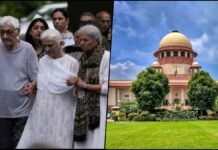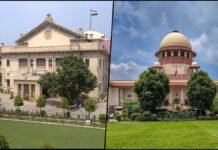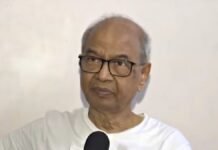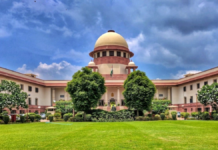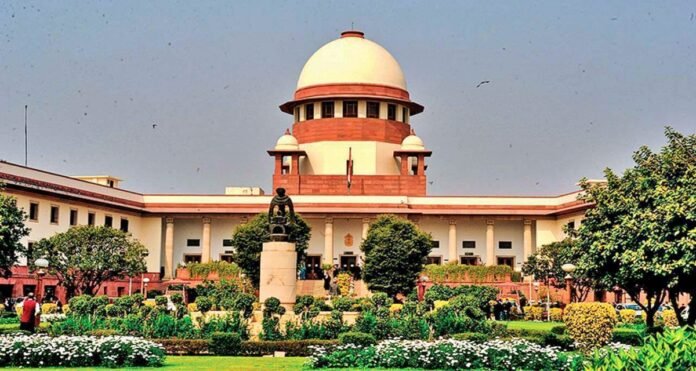
New Delhi: The Supreme Court said in an important decision that the SC/ST Act cannot be applicable in civil disputes (matters related to land and property). The top court said in its judgment that a person belonging to a Scheduled Caste community cannot weaponize this draconian penal law by bringing a purely civil dispute between himself and a member of the upper caste community under the ambit of the SC and ST (Prevention of Atrocities) Act. Can make P. Bhaktavathachalam, who belongs to the Scheduled Caste community, had constructed a house on a vacant plot. Thereafter, a temple was constructed next to their plot by members of the upper caste community.
The custodians of the temple had lodged a complaint that Bhaktavathachalam had made unauthorized constructions on the ground and first floors of his house, in violation of building norms. In response, P. Bhaktavathachalam filed a complaint under the Scheduled Castes and Scheduled Tribes Act, alleging that the temple was being constructed by encroaching on public roads, sewage, and water pipelines. He said in his complaint that people from the upper caste community are getting the temple constructed next to his house just to harass him. P. Bhaktavathachalam also stated in his complaint that he was being denied the peaceful enjoyment of his property only because he belonged to the SC community.
Supreme Court cancels summons of Madras High Court
A magistrate court in Egmore, Chennai, summoned the accused who were allegedly violating several provisions of the Scheduled Castes and Scheduled Tribes Act. The Madras High Court refused to grant relief to the accused belonging to the upper caste community on appeal against the summons issued by the Magistrate Court. After this, the matter reached the Supreme Court. The Supreme Court bench of Justice MR Shah and Justice Krishna Murari allowed the appeal, setting aside the summons issued to the accused persons. The top court said that an attempt is being made to convert a case of purely civil dispute into a case of caste harassment under the SC and ST Act, which is an abuse of the process of law.
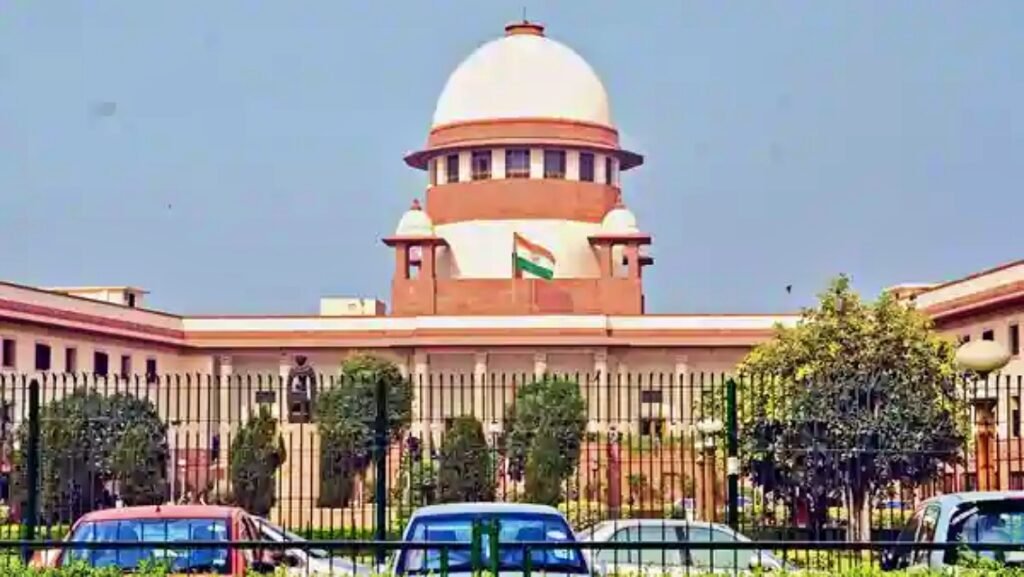
Writing the judgment, Justice MR Shah said, “It appears that a private civil dispute between two parties has been converted into a criminal proceeding.” Attempts were made to initiate criminal proceedings for offenses under Section 3(1)(v) and (v)(a) of the Scheduled Castes and Scheduled Tribes (Prevention of Atrocities) Act, 1989. Hence, it is nothing but an abuse of the law and the process of the court. From the documents placed on record, we are satisfied that in this case no case for offenses under the SC and ST Act is made out even prima facie. No offense has been committed under sections 3(1)(v) and (v)(a) of the Act.
It is necessary to have an angle of ‘caste’ in the crime committed under the SC-ST Act.
Justice MR Shah further wrote in the judgment, ‘Therefore, we are of the firm view that in the facts and circumstances of the case, the High Court should have quashed the criminal proceedings in exercise of powers under Section 482 of the Code of Criminal Procedure. The order passed by the High Court is not sustainable and should be set aside. The criminal proceedings initiated against the appellants under the Scheduled Castes and Scheduled Tribes (Prevention of Atrocities) Act should also be quashed. Even before this, in one of its judgments on October 25, 2021, the Supreme Court had said, ‘If any court it is felt that an offense registered under the SC/ST Act is purely personal or civil or has been committed without regard to the caste of the victim, then the courts can use their power to quash the trial of the case. ‘









































